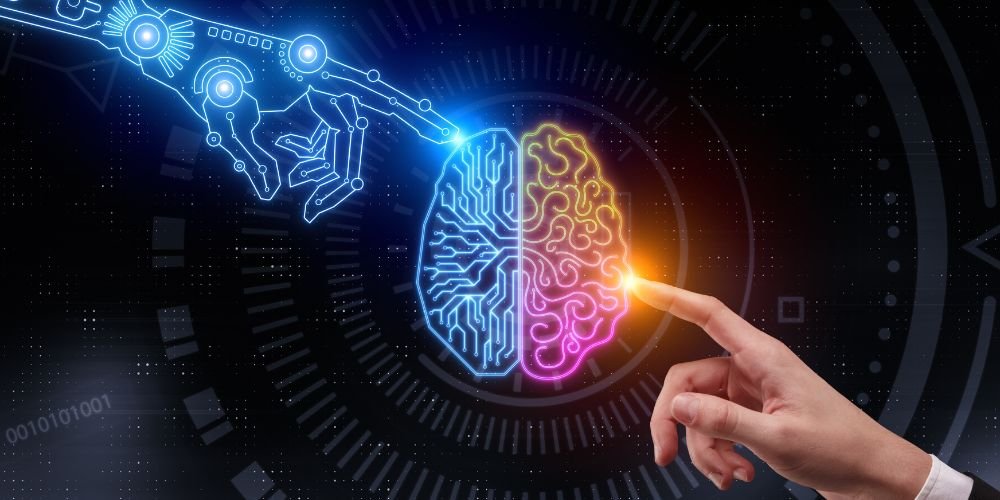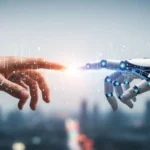Key Points
- AI automates routine tasks, boosting productivity and reducing employee burnout by allowing humans to focus on creative work.
- Intelligent systems analyze large datasets to provide insights for informed strategic decisions, thereby improving operational efficiency and outcomes across various industries.
- Virtual assistants and AI-powered chatbots enhance customer support and internal communications, ensuring efficiency and 24/7 availability.
- AI detects and responds to cybersecurity threats, safeguarding sensitive data and maintaining organizational security amidst evolving risks.
As technology advances, artificial intelligence (AI) is emerging as a pivotal player in shaping the future of the workplace. AI-powered solutions are poised to revolutionize businesses’ operations, enhancing productivity, streamlining processes, and driving innovation across industries.
One of the most profound impacts of AI systems in the workplace is their ability to automate routine and repetitive tasks with higher accuracy. AI-powered systems can efficiently handle mundane data entry, paperwork processing, and other labor-intensive tasks, freeing human employees to focus on the creative and strategic aspects of their jobs. This boosts productivity and reduces the risk of employee burnout.
AI is also becoming a vital tool for decision-making. Advanced machine learning algorithms can analyze vast datasets, providing valuable insights that guide strategic choices. From optimizing supply chain logistics to predicting customer preferences, AI-driven analytics are enabling businesses to make more informed and data-driven decisions, ultimately leading to improved outcomes.
Another key development is AI’s role in personalizing the employee experience. AI-powered HR systems can tailor training programs, career development plans, and work schedules to meet the individual needs and preferences of each employee. This improves job satisfaction and helps organizations retain top talent. AI-driven chatbots and virtual assistants revolutionize customer support and internal communications. These intelligent systems can handle inquiries, troubleshoot issues, and facilitate employee collaboration and teamwork. They are available 24/7, ensuring seamless operations across different time zones and enhancing efficiency.
The future workplace is also expected to benefit from AI’s role in enhancing cybersecurity. With cyber threats becoming increasingly sophisticated, AI algorithms can quickly detect anomalies and potential security breaches, allowing organizations to respond proactively and protect their sensitive data.
However, as AI becomes more integrated into the workplace, concerns about job displacement and ethical considerations are gaining prominence. Organizations must strike a balance between automation and human labor, fostering a symbiotic relationship between AI and employees.
AI is set to play an instrumental role in shaping the future workplace. Its ability to automate tasks, support decision-making, personalize employee experiences, streamline communications, and bolster cybersecurity makes it a transformative force across industries.
Embracing AI technologies and addressing associated challenges will be pivotal in redefining how businesses operate in the years to come. As organizations continue to adapt and harness the potential of AI, they can look forward to a future workplace that is more efficient, dynamic, and responsive to the evolving demands of the modern world.





